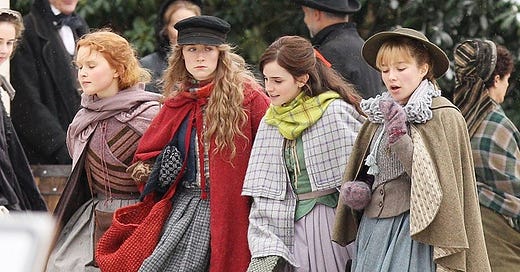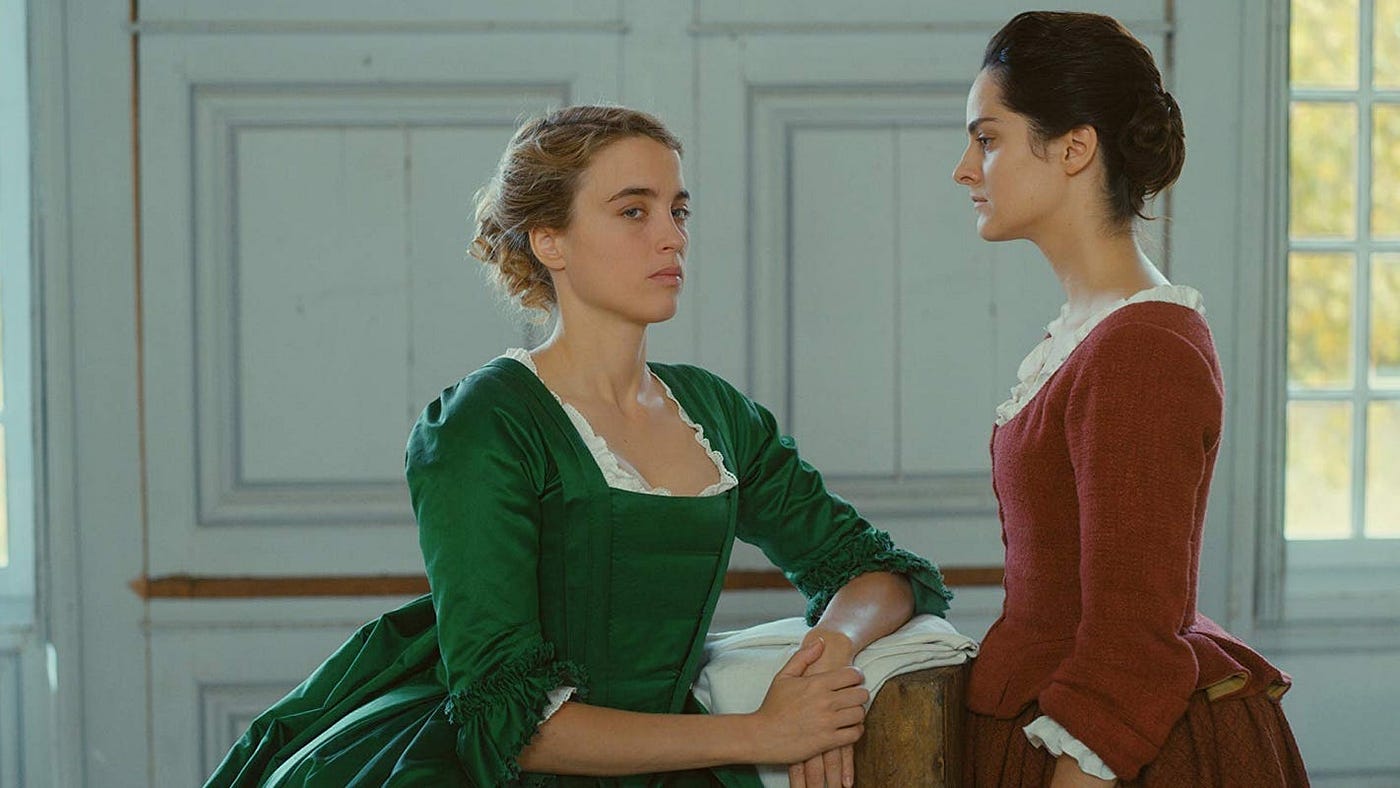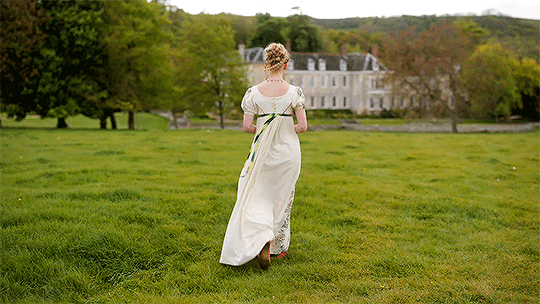(Columbia Pictures / Sony Pictures)
NOTE: This article was originally written for DGO Magazine in 2020
Four years ago, I concluded my review of the 2020 adaptation of Jane Austen’s Emma (1816) with how we’ve gotten a pretty good string of costume pieces by women in the past few years. Emma directed by Autumn de Wilde, Little Women (2019) from Greta Gerwig and Portrait of a Lady on Fire (2019) by Céline Sciamma all received great reviews and did well with audiences. This got me thinking about successful period pieces in the past that have been directed by female filmmakers. Louisa May Alcott’s Little Women (1868) itself has at least two previous adaptations filmed by women: Gillian Armstrong’s 1994 movie and Vanessa Caswell’s 2017 mini-series. The George Cukor and Mervyn LeRoy versions from 1933 and 1949 are fine themselves, but the ones adapted by the ladies seem to stay consistently the most popular with fans. Armstrong herself also broke through with another well received period drama, My Brilliant Career (1979) based on Miles Franklin’s 1901 novel, that is still appreciated to this day.
The title of Portrait of a Lady on Fire instantly made a lot of film fans think of a similarly titled period piece, The Portrait of a Lady (1996) by Jane Campion. The Kiwi filmmaker has a niche for sensual, effective costume dramas, including The Piano (1993) and Bright Star (2009) as well. Indian director Mira Nair branched out of her usual independent film sensibilities for the big budget costume dramas Kama Sutra (1996), Vanity Fair (2004) and Amelia (2009).
(Lilies Films / Criterion Collection)
Sofia Coppola’s familiar indie style has polarized viewers whenever she puts her hand in the genre with films like Marie Antoinette (2006), The Beguiled (2017) and Priscilla (2023). Martha Coolidge found success with fun comedies like Valley Girl (1983) and Real Genius (1985), but had her best received effort come from the semi-controversial period romance Rambling Rose (1991).
Marielle Heller hasn’t made any flashy, fancy costume heavy features yet, but she is a fan of setting her films—like The Diary of a Teenage Girl (2015) and Can You Ever Forgive Me? (2018)—in the 1970s to 1990s. Similarly with Kathryn Bigelow, who usually prefers action movies, but has gone back a few decades for stories based on real incidents with The Hurt Locker (2008), Zero Dark Thirty (2012) and Detroit (2017).
Sciamma made her period piece debut with Lady on Fire, while Gerwig and de Wilde are still relatively new to the directing chair. It will be interesting to see if the three of them return to the past for cinematic tales in the future.






